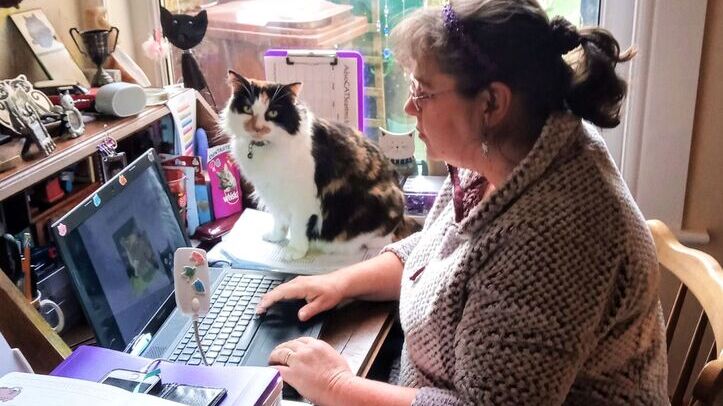Progress of the government’s Renters Rights Bill, which could have made it much easier for tenants to keep pets in rental properties, has hit a snag after peers in the House of Lords voted for two key amendments.
The original wording of the Bill outlawed blanket bans on pet ownership in rented properties without reasonable grounds and enabled landlords to require tenants to take out pet damage insurance in return. However, a government-sponsored initiative in the House of Lords has scrapped this provision on grounds of “affordability” while also saying that the insurance market was deemed not ready for such policies “at scale”.
Bizarrely, peers also voted for a second amendment which would require the introduction of a separate pet deposit equivalent to three weeks’ rent, much higher than the cost of insurance would have been.
Pet charity AdvoCATS said it was “baffled” by the “nonsensical” reasoning of the Lords.
AdvoCATS founder Jen Berezai said: “No one within the specialist insurance market inside the private rental sector was consulted about their readiness. There are products in development now, both for landlords and for tenants, and the bill’s implementation period would have allowed for further policies to be brought to market. There’s been a lot of behind-the-scenes preparation by the industry in anticipation of the Renters Rights Bill becoming law, and this last-minute amendment has left them, and us, stupefied.”
AdvoCATS is a voluntary non-profit organisation set up in 2018 to offer a free tenant pet referencing service to landlords and tenants in the East Midlands. The group’s Heads for Tails! Campaign, calling for landlords to be able to require pet damage insurance, was launched in 2021 and was endorsed by over 80 MPs, peers, plus elements of the private rental sector and animal welfare organisations. It was first included on the then Conservative government’s Renters Reform Bill, and survived the 2024 general election, when it made it onto Labour’s near identical Renters Rights Bill.
“As for the monetary angle, the sums simply don’t add up,” continued Berezai. “Pet damage insurance for tenants starts from as little as £2 a month with £3k’s worth of cover. That’s £24 a year, slightly under the average monthly rent per pet that many landlords who currently allow pets charge. A landlord policy costs much the same for £5k cover, so both options are extremely purse-friendly.
“At the same time, the average rent in England is £270 a week, which means pet owning tenants would need to find around £810 extra deposit up front, a huge additional expense. It’s also geographically disproportionate – why should someone, in say the Home Counties, have to pay significantly more pet deposit than someone in the East Midlands? Rent itself is subject to market forces, a pet deposit shouldn’t be.”
However, Berezai and AdvoCATS have not given up hope of returning the Bill to something closer to its original form. While the insurance amendment was proposed by the Government, the pet deposit stipulation was not and, as such, might not make it through the process between the two chambers that pre-empts any new legislation. Moreover, the Government has stated the insurance issue will be kept under review. “That’s one glimmer of hope on the horizon” Berezai added. “We intend to give them plenty to review after the summer recess. Pet damage insurance is favoured by landlords and tenants alike, giving the former more financial cover and being financially viable for the latter. We can only hope common sense will ultimately prevail.”



